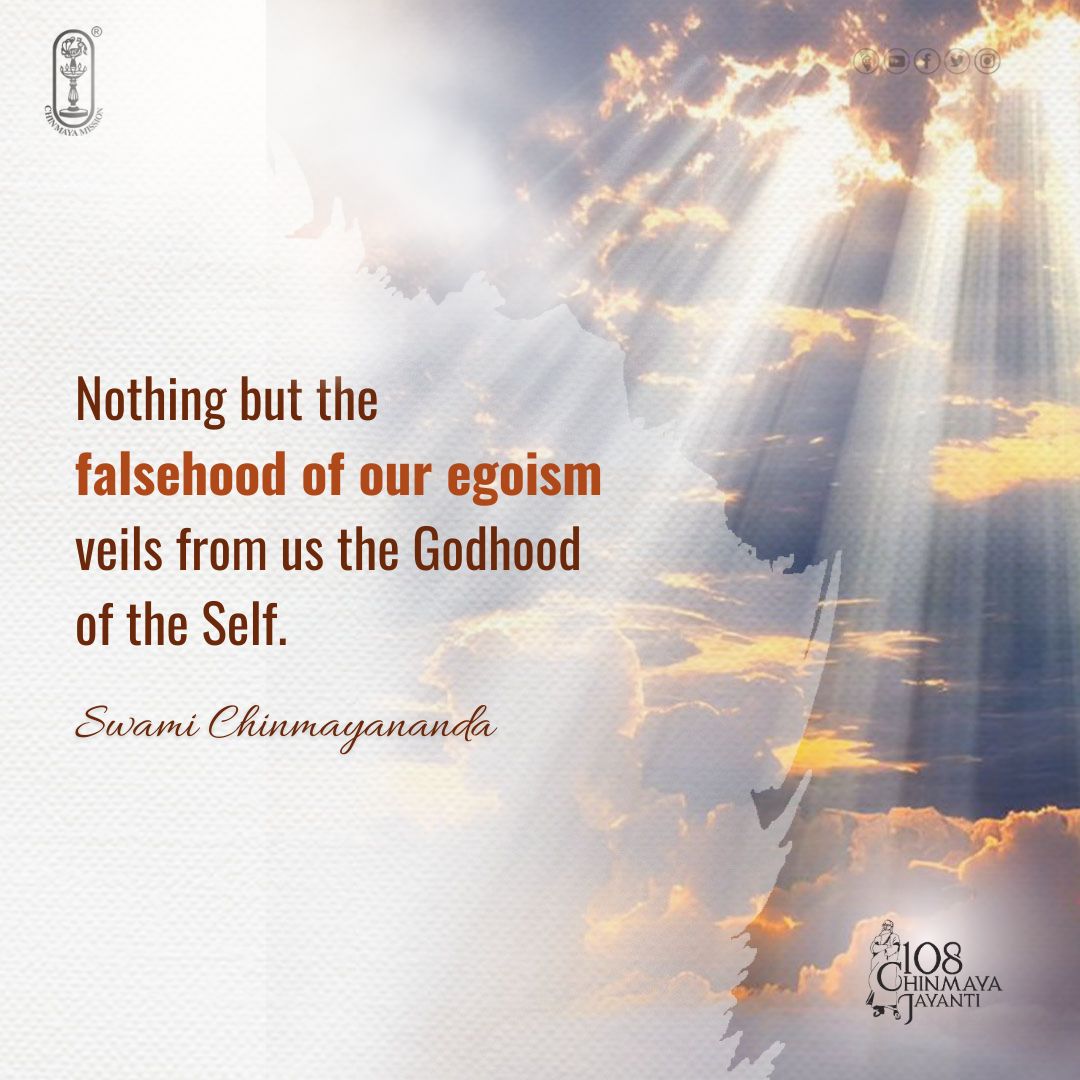MANDUKYA UPANISHAD with GAUDAPADA’S KARIKA: 25 - Swami Advayananda.
Friday 17, May 2024. 08:25.
MANDUKYA UPANISHAD
GAUDAPADA’S KARIKA
Agama Prakarana – “The Scriptural Treatise”
===================================================================================
PART 1: Agama Prakarana (Mantras-29.)
THE SYLLABLES OF “OM”
Upanishad Section 3:
The SANKHYANS Refuted
Karika Section 4.2:
mantras 9-13 (5 No.)
Post-25.
===================================================================================
The SANKHYANS Refuted:
Karika Section 4.2: mantras 9-13 (5 No.)
THE ABOVE SECTION gives us an insight into the wise way of approaching disputes
in philosophical matters. Using it as our foundation, we now build upon it the solid
arguments that are needed to protect the philosophy of Non-duality against all the
opposition that it is bound to encounter. We see that on fundamentals it is not possible to
compromise on the Truth. This aspect of the debate has been touched upon in Chapter 3,
but we are now ready to go into it in more detail.
Our immediate concern is to fortify the three fundamental principles just expressed.
The text takes up the second principle, which concerns the essential nature of Truth.
=================================================================================
Mantrm-4-9 Inherent Nature of a Thing:
1
Saamsiddhikee swaabhaavikee, = That which is hard-earned becomes intrinsic nature,
2
sahajaa akritaa cha yaa; = as also that which is an inborn ability, unacquired.
3
prakritih saa iti vijneyaa, = These are understood as endowments of Nature.
4
swabhaavam na jahaati yaa. = Nothing gives up its intrinsic nature.
=================================================================================
To begin with, the essential nature of a thing or object in general is examined.
The word Prakriti is used here to denote the nature of a thing as endowed by
Nature; the word Maya would have been used if the context was its illusory nature. The
Prakriti of a thing does not change under any circumstances because it is, as it were, welded
into its very fabric. How do these qualities become an inseparable part or characteristic of a
thing?
================================================================================
There are two essential ways by which this happens:
1
i) Saamsiddhikee: “attainments acquired by hard effort”; certain desirable changes
can be made permanent in due course by diligent application of effort, such as meditation.
i) Saamsiddhikee: “attainments acquired by hard effort”; certain desirable changes
can be made permanent in due course by diligent application of effort, such as meditation.
Swaabhaavikee: “inherent nature”. In such cases, the person is able to acquire
qualities that he did not possess before. They can become inherent in him, i.e. they become
part and parcel of his very nature. An example of this is the training that an athlete
undergoes in order to develop his athletic skills; or the skill of dancing acquired by a dancer
by dint of hard, prolonged practice.
===================================================================================
2
ii) Sahajaa: “natural abilities”; Akritaa: “requiring no effort”. In contrast to the
above acquired skills, there are certain natural, inborn abilities for which no additional effort
is needed. One is born with them. Examples of this are the ability of birds to fly in the sky; or
of fire to produce heat; or of water to flow due to gravity.
3-4
Prakriti: “endowments of Nature”. These characteristics, once they become
inherent in a person or an object, do not leave him. They become a permanent feature in
the person. The person becomes known for these qualities. They become a defining
characteristic in his life. They become his Prakriti or inherent nature.
If that quality leaves him, the person is said to be not the same. He loses his
reputation which he gained by possessing that skill. Under normal circumstances, Sri
Gaudapadaji says that this cannot happen.
*****
Next
Mantram- 4.10: Inherent Nature of Spirit
Continued











.jpg)

Comments
Post a Comment